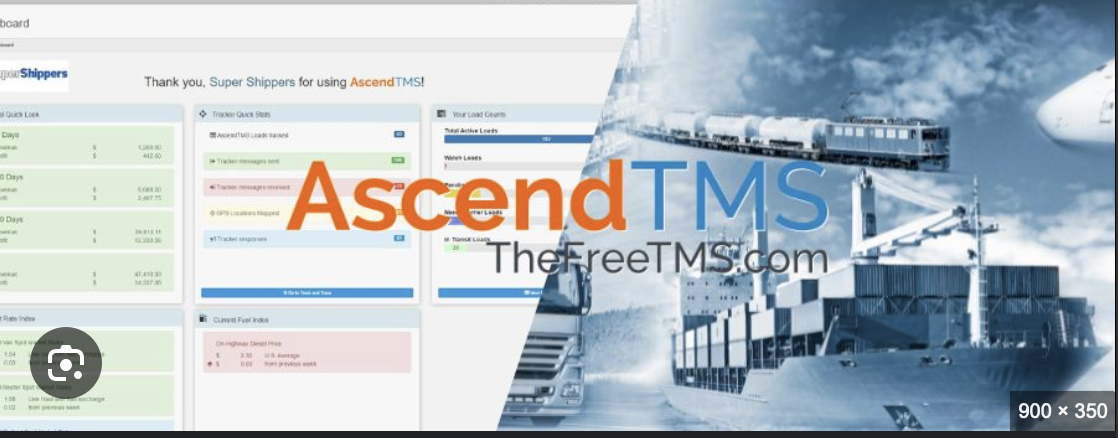
Choosing the right Class A load board for your trucking business is crucial for maximizing efficiency, reducing downtime, and increasing profitability. A load board is an online system where shippers and carriers post available loads for haulage. For carriers, especially those operating Class A trucks, selecting an effective load obtainment tool can be the difference between thriving and merely surviving in the competitive trucking industry. This article explores the essential factors to consider while selecting the best Class A load board for your business.
1. Range of Available Loads
The primary purpose of a load board is to provide a large number of load options to carriers. When evaluating load boards, look for one that offers a vast assortment of loads, which can give you diverse opportunities. More options mean better chances of finding loads that match your fleet’s operational capacities and route preferences, ensuring your trucks are consistently running on full capacity.
2. Subscription Cost
Closely examine the subscription fees associated with the load board. Some load boards offer free services, but these might not offer the robust features that a paid service would. On the other hand, expensive subscriptions need to justify their cost with superior features that genuinely assist in finding and managing loads efficiently. Compare different load boards based on their features versus their subscription costs to find one that offers the best value for money.3. User Interface and Ease of Use
An intuitive and user-friendly interface can drastically reduce the time spent in finding and securing loads. Look for a load board that is easy to navigate and simplifies the process of searching for and posting loads. This includes clear categorization, advanced search functions, and easy-to-understand terms and conditions for each load.
4. Supported Transportation Modes
Consider load boards that support a variety of transportation modes. Even if you currently operate only Class A trucks, the option to branch out into different categories of freight or vehicles without switching platforms can be advantageous as your business grows.
5. Reputation and Reliability
The credibility of a load board is critical. Research the board’s history and read reviews from other users to get an idea of its reliability and the quality of its service. A reputable load board will attract reputable shippers, which can lead to more profitable and consistent load opportunities.
6. Additional Features and Tools
Additional features such as credit information on shippers, route planning tools, and profit calculators can greatly enhance a load board’s value. Some load boards also offer mobile apps that provide the flexibility to find and secure loads on the go, which is invaluable for keeping your business moving forward without being chained to a desk.
7. Customer Support
Excellent customer support is essential, especially when issues arise. Before you subscribe, check the quality of customer service the load board provides. This includes the availability of support through various channels like phone, email, and live chat, as well as the responsiveness and helpfulness of the support team.
8. Integration Capabilities
If you use other logistics software for fleet management, accounting, or tracking, it makes sense to choose a load board that integrates seamlessly with these systems. Integration can streamline your operations, reduce manual entry errors, and ensure smoother communication across all departments of your business.
9. Security Features
Security is a significant concern when dealing with sensitive business information online. Check what measures are in place to protect your data. This includes looking into their compliance with regulations, as well as what security protocols they follow for data encryption and user authentication.
10. Trial Periods and Refund Policies
Finally, opt for load boards that offer a trial period so you can test their service without risk. This will allow you to determine if the load board’s features are suited to your business needs. Additionally, understanding the provider’s refund policy can save you from future hassles if the service does not meet your expectations.
In conclusion, selecting the right Class A load board involves careful consideration of several factors, including cost, functionality, user-friendliness, and additional services. By weighing these factors thoughtfully, you can ensure that the load board you choose aligns perfectly with the operational needs and growth aspirations of your business. Remember, the ideal load board should not only help you find loads efficiently but also support your business operations in a holistic and scalable manner.